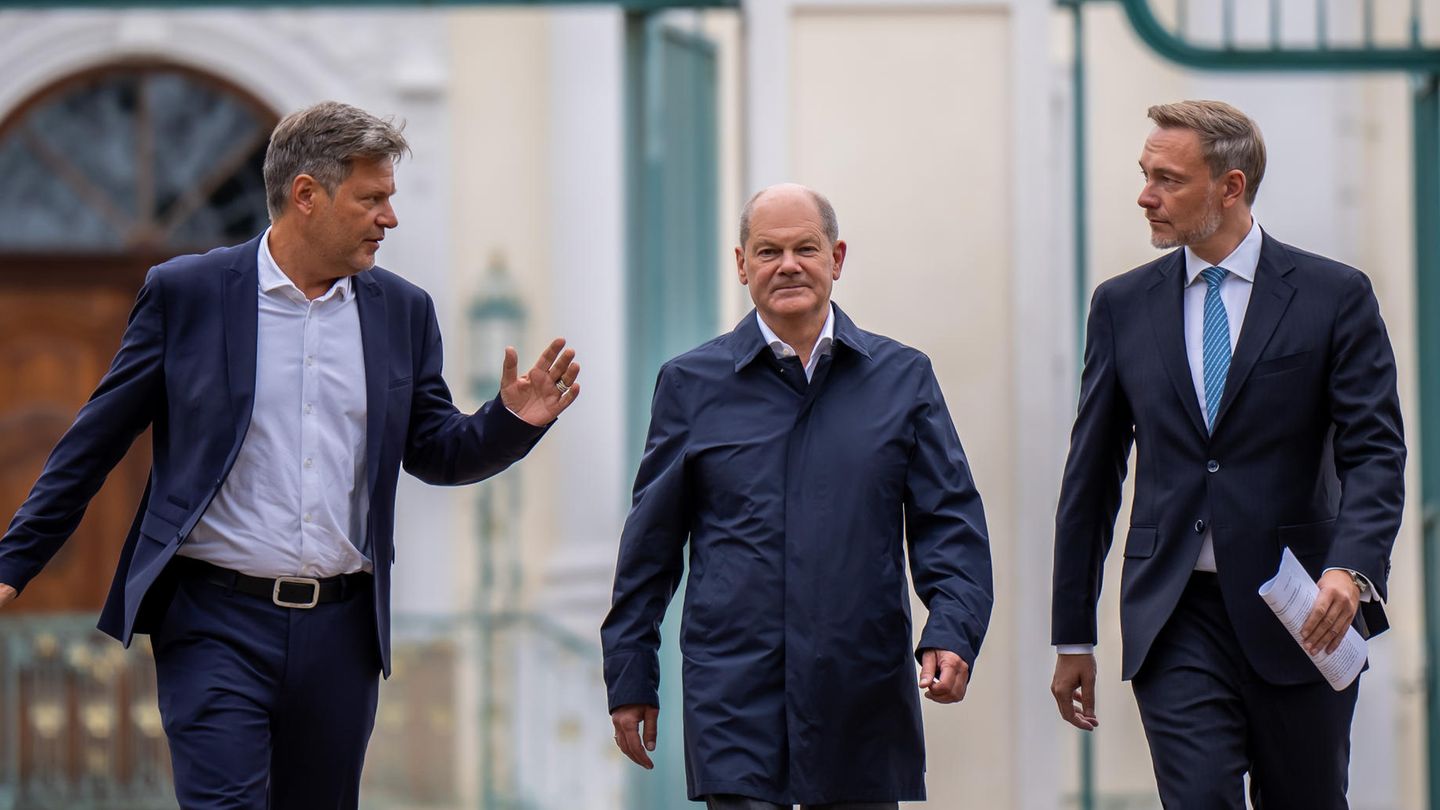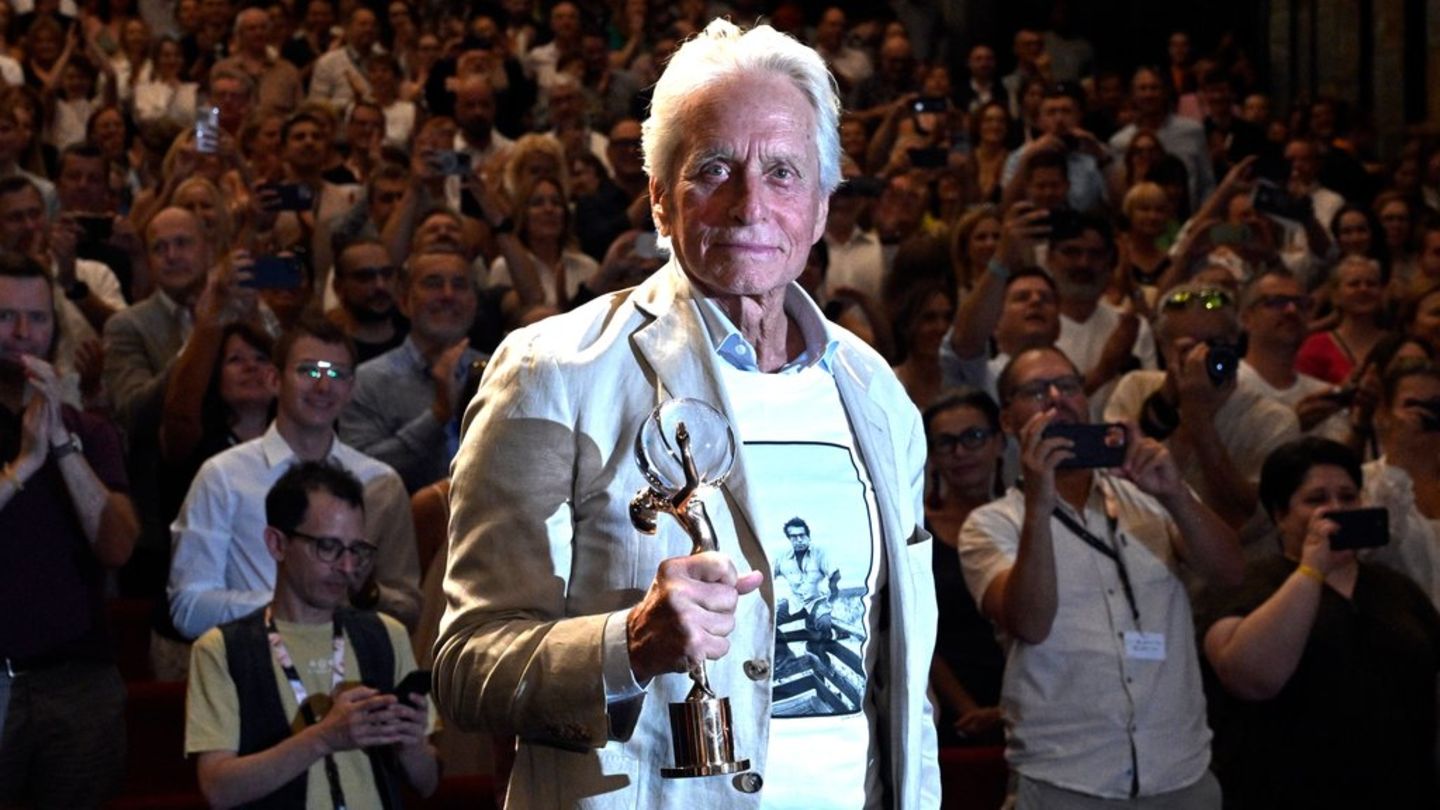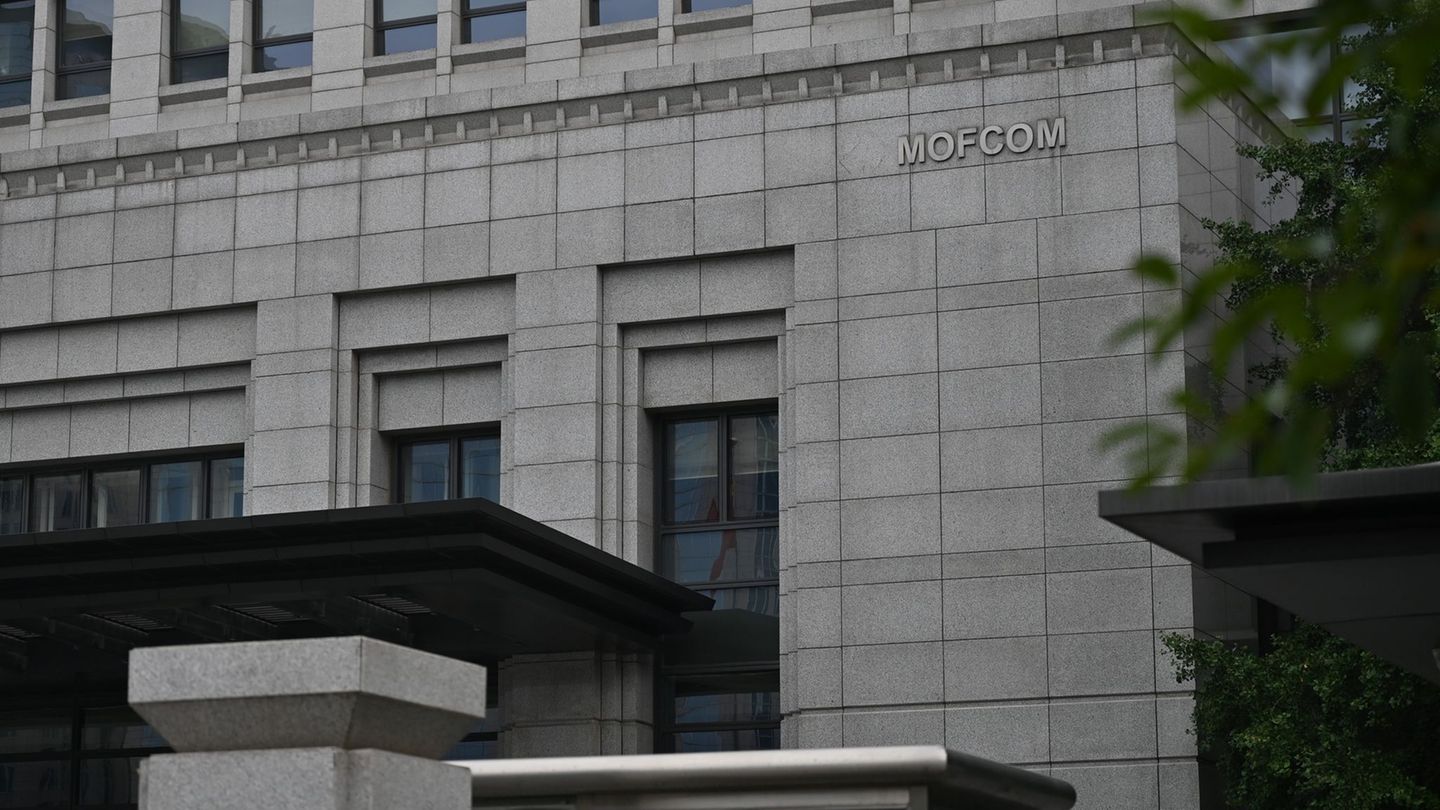The traffic light coalition is in a poor position in the favor of citizens. But a study by the Bertelsmann Foundation shows: The government is more successful than it appears.
According to current surveys, most people in Germany consider the traffic light coalition to be divided, and the government’s reputation has reached a low point halfway through the legislative period. However, a study presented on Tuesday confirms that the coalition has achieved a fairly impressive interim result: the “traffic light” has already either implemented or tackled almost two thirds of the projects from its ambitious coalition agreement. This is the conclusion reached by experts from the Bertelsmann Foundation in collaboration with the University of Trier and the Progressive Center.
For their analysis, the authors counted a total of 453 promises in the coalition agreement and checked the respective status of implementation. The result: 174 promises have already been fully or partially fulfilled (38 percent). In addition, a further 55 projects (twelve percent) are in the process of being fulfilled.
A further 62 promises (14 percent) have been “substantially addressed”, but the extent to which they have been fulfilled cannot yet be predicted. A total of 162 promises (36 percent) have so far neither been fulfilled nor addressed.
Bertelsmann Foundation attests to the traffic light’s promising half-time results
Robert Vehrkamp, the democracy expert at the Bertelsmann Foundation, spoke of an “overall very promising mid-term balance, but one that is overshadowed and characterized by publicly staged coalition disputes and many open construction sites.”
The result: “In contrast to the level of ambition and implementation status of their coalition agreement, is the public perception of the traffic light government as a ‘disputing coalition’,” says the study. Only twelve percent of people in Germany are of the opinion that “all, almost all or a large part” of the agreed coalition promises will be implemented. 43 percent of all respondents even assumed that only “a small part or hardly any” would be implemented.
The publicly staged coalition dispute leads to the actual government performance and implementation fidelity being underestimated, explained political expert Wolfgang Schröder from the Progressive Center. “That’s why the traffic light needs a new start in its internal coalition cooperation and self-portrayal.”
A turning point in parliament
From the eco-party to the Kosovo war to the traffic lights: 40 years ago, the Greens entered the Bundestag
Despite many government promises – achieved more than GroKo
Compared to the mid-term balance of the previous government, the traffic light has fulfilled less in percentage terms, with 38 instead of 53 percent of promises already fulfilled – but in absolute terms, with 174 instead of 154 promises fulfilled, it has actually achieved a little more, according to the study.
The traffic light government’s coalition agreement from 2021 contains a total of 453 “real” government promises: According to its own information, the study team only classified those projects whose fulfillment can be verified based on clear criteria as “real” promises.
In the “Traffic Light” coalition agreement, this is a good 50 percent more than the 296 promises made by the grand coalition in the 2018 coalition agreement. Compared to the 2013 coalition agreement with 188 promises, the “Traffic Light” even agreed to almost two and a half times as many government projects.
“The large number of promises reflects, on the one hand, the complexity of the traffic light as a cross-camp coalition of three programmatically independent parties, but on the other hand also the higher level of ambition of the traffic light agreement,” explained Theres Matthieß from the University of Trier, co-author of the study.
Many citizens are dissatisfied with the government
In a survey by the Allensbach Institute for Bertelsmann, only about a quarter of people in Germany were “very or somewhat” satisfied with the work of the SPD (25 percent), the Greens (23 percent) and the FDP (22 percent). On the other hand, more than six out of ten of those surveyed are “somewhat or very” dissatisfied with the performance of the governing parties.
Bertelsmann expert Vehrkamp explained: “Only if the traffic light dares to form more coalitions will it earn the trust from voters that its promising mid-term results actually deserve.”
Source: Stern
I have been working in the news industry for over 6 years, first as a reporter and now as an editor. I have covered politics extensively, and my work has appeared in major newspapers and online news outlets around the world. In addition to my writing, I also contribute regularly to 24 Hours World.




